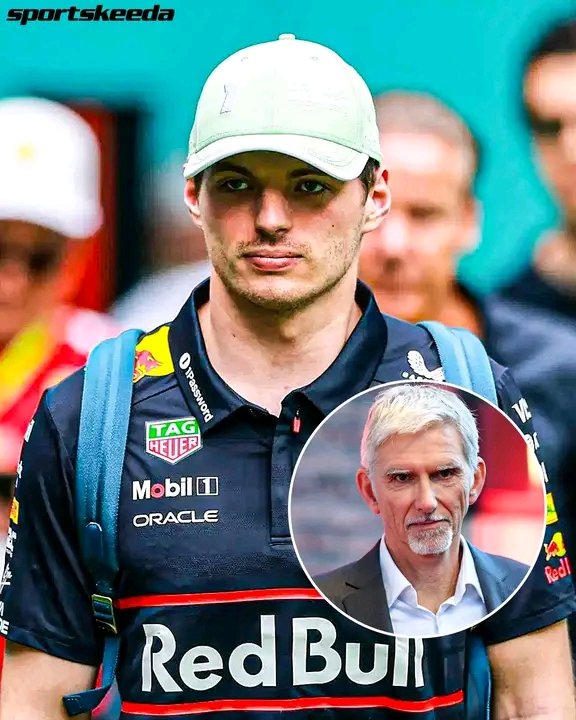Formula One legend Damon Hill, a two-time world champion, has ignited a firestorm with a surprising prediction: Max Verstappen, the reigning champion, may not remain a fixture in the sport for much longer. In an exclusive interview with a prominent motorsport publication, Hill argued that while Verstappen is undoubtedly a brilliant driver, the current allure of F1, particularly for a supremely talented young athlete like Verstappen, is waning. He cited a lack of substantial, compelling narrative beyond the on-track competition, noting that the sport is now more dependent on established narratives and historic rivalries than groundbreaking innovations or inspiring underdog stories. This suggests a potential shift in the sport’s dynamic, one where a driver of Verstappen’s calibre might seek new avenues.
Hill’s comments were not solely focused on Verstappen’s future but extended to F1’s overall prospects. He highlighted the increasing dominance of a few teams, suggesting a lack of competitive balance which, in turn, diminishes the spectacle for viewers and the motivation for aspiring drivers. This stagnation, Hill argued, creates a sense of predictability that stifles the excitement surrounding the sport. He pointed to the need for F1 to reinvent itself, to inject new life into the driver development process, and to offer more meaningful opportunities for young talent, contrasting the current situation with the pioneering spirit of past eras. The question now hangs heavy: can F1 regain the allure that attracted generations of drivers, or will it continue on a path of diminishing returns?
The former champion’s assessment dovetails with recent observations of driver and team dynamics within F1. Numerous paddock sources suggest a feeling of growing dissatisfaction among some of the sport’s rising stars. While this sentiment might not always manifest as open dissent, there’s an undercurrent of frustration at the perceived lack of progress and advancement in the sport beyond the purely technical aspects of car development. This frustration, Hill surmises, could become a critical factor in determining the future course of some drivers. The interview highlights the complexities beneath the surface of what is often perceived as a purely competitive sport, unveiling the potential impact of factors beyond the speed on the track.
Verstappen’s representatives have, so far, remained silent on the matter. While some speculate a contract extension is imminent, the absence of a direct response from either party is fueling further speculation. The lack of official comment only serves to amplify the impact of Hill’s statement, further positioning him as a voice of insight and concern within the F1 community. Whether the silence is indicative of an upcoming contract negotiation or simply strategic maneuvering remains to be seen. The tension surrounding Verstappen’s future is undeniable, casting a shadow over the current season and potentially influencing future developments within the sport.
Hill’s remarks, while provocative, force a critical evaluation of F1’s current trajectory. The sport faces the considerable challenge of proving that it can not only maintain its current competitiveness but also inspire future generations of drivers and fans. The next steps for F1 lie in demonstrating proactive innovation, demonstrating its commitment to diversity and attracting new sponsors. If the sport fails to address the concerns voiced by Hill, it risks losing a vital component of its identity—the alluring pursuit of driving excellence. The pressure is mounting for F1 to act decisively to reinvent its appeal and avoid becoming a predictable echo of its former self.
